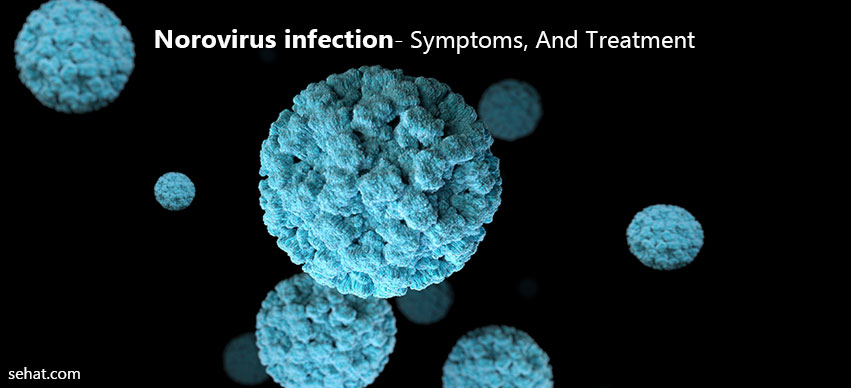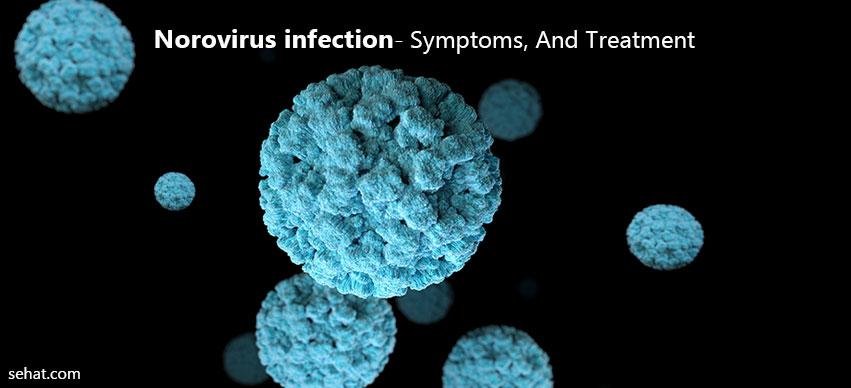Nanoparticle Therapy – An Emerging Cancer Treatment
5 Min Read


Norovirus infection also called the winter vomiting bug that causes diarrhoea, vomiting and gastroenteritis is the next concern for many health experts and the world. It is the main source of foodborne outbreak infections in the world and this has added more plight to the situation.
Norovirus is an extremely contagious virus that contains RNA. It is a stomach infection that causes vomiting and diarrhoea. Norovirus infection is the most common critical gastroenteritis condition causing approximately 685 million cases yearly around the globe. As per the studies illustrated by the US Centres for Disease Control and Prevention (CDC), there are 19-21 million samples collected of norovirus infection in the US alone. Norovirus infections lead to around 570-800 deaths especially in children and the elderly. Nearly 200 million cases have been recorded among children under 5 years of age leading to 50000 child deaths. The virus spreads easily through food or drinks impacting health. The outbreak of the infection commonly occurs in the winter season but can affect at any time of the year. The virus continuously undergoes genetic changes and this often leads to a norovirus infection in humans more than once during their lifespan.
The signs and symptoms of norovirus generally appear 12 to 48 hours after exposure to the virus. The symptoms may start reflecting in one or two days. The effect of the virus may last up to one or three days. Some people might not show any signs or symptoms. However, they are still infectious and can escalate the virus to other people.
The common symptoms of norovirus are as follows;
People may gather the infection even with the minute bits of faeces (poop)or fluids. Norovirus spreads particularly through the faecal-oral route either by a direct patient or directly from contaminated food or water. Norovirus can also be advanced by way of a droplet route from vomits. It is very important to note that once the symptoms have resolved the virus can still spread through the stool and vomit for 2 weeks.
You may get norovirus from the following;
The norovirus infection rate can easily increase as the sick patients shed billions of norovirus particles.
Norovirus is the most contagious infection that can be easily spread in crowded places and through the air and this is worrisome for elderly adults. According to the reports, the period of infectivity and the viral load of norovirus infection in older age groups aged between 60-98 years was estimated to be around 14 to 15 days. The Norovirus excretions are seen in the stool samples even up to 32 days after the onset of infection. Careful attention should be taken in the cases of aged patients as it may lead to serious illness and even deaths in the elderly associated with norovirus infection. However, norovirus infection has no critical outcome but older people are at a higher risk for complexities.
There is no specified treatment for norovirus but it is very essential for the infected patients to drink a lot of fluids while treating the norovirus infection. Well-hydrated fluids including sugar and electrolytes should be encouraged during the treatment. Intravenous fluids may be required if the sick patient does not maintain a requisite oral intake of fluids. Opportunely the illness is self-limited and simple supportive actions are enough to take care of most people unless they suffer from dehydration.
The prevention tips are as follows;
The National Outbreak Reporting System (NORS) was established by CDC to collect information on the outbreak of waterborne and foodborne gastrointestinal ailments including norovirus infection. Following correct diagnosis and treatment helps to build our immunity against this fast-spreading infection.